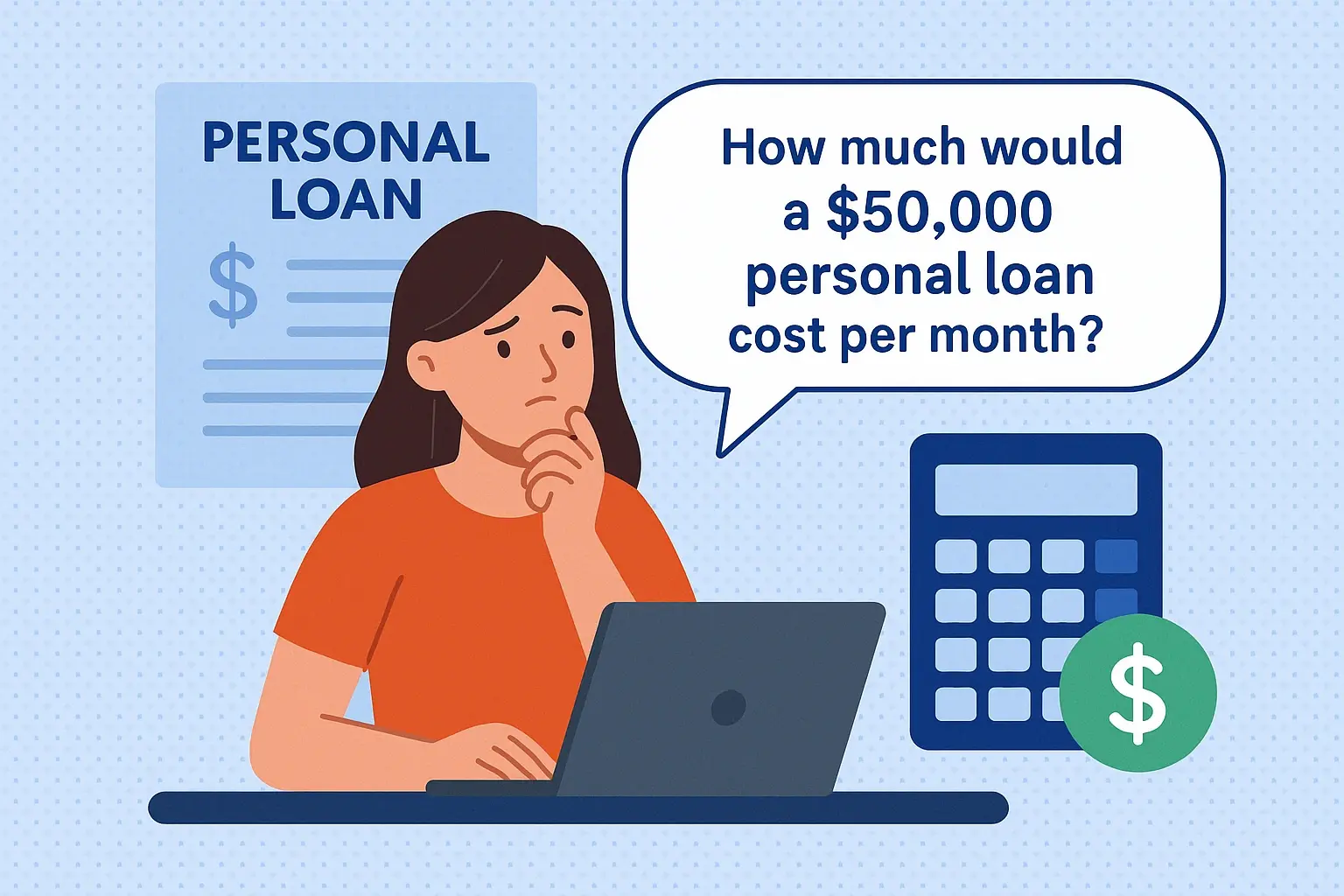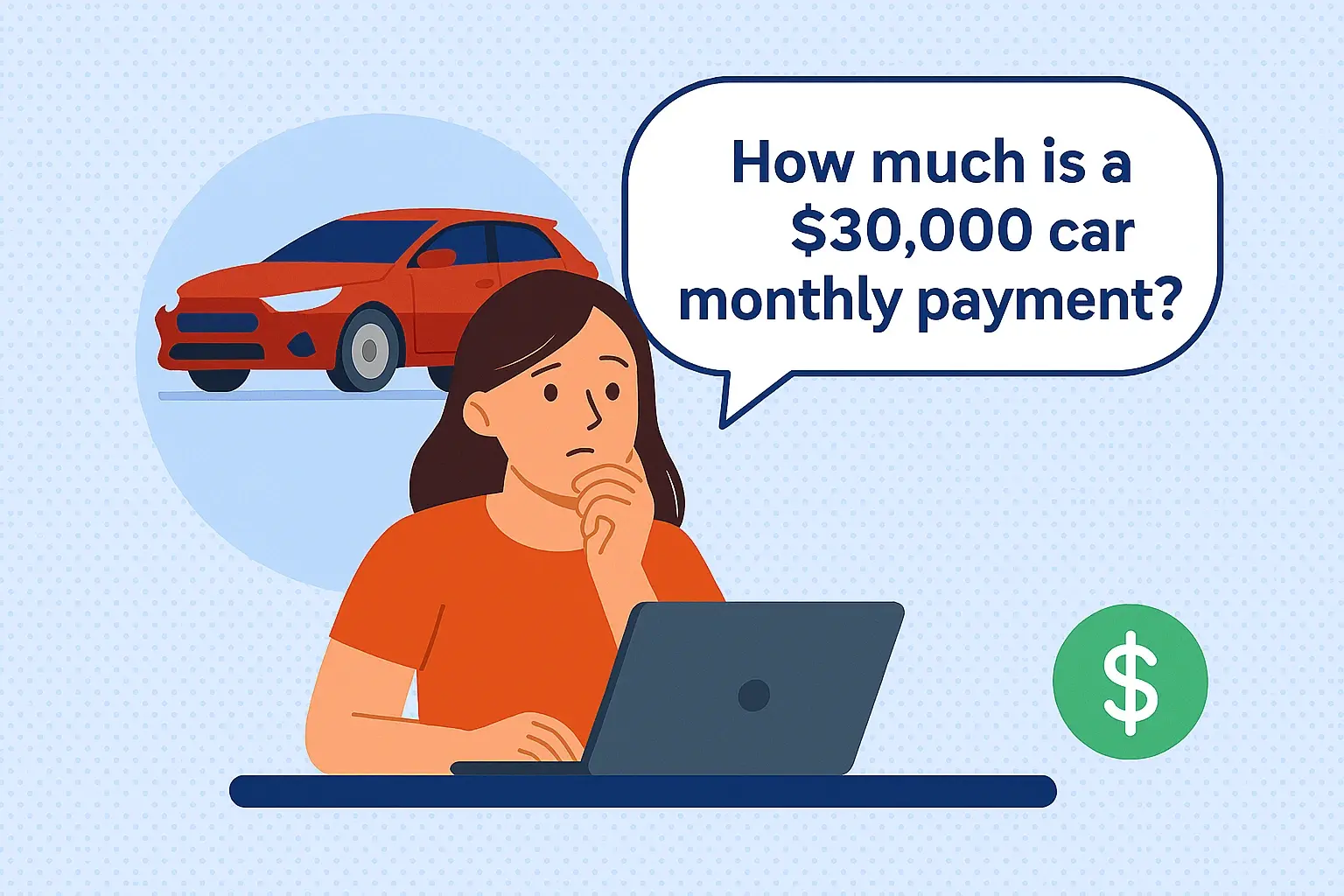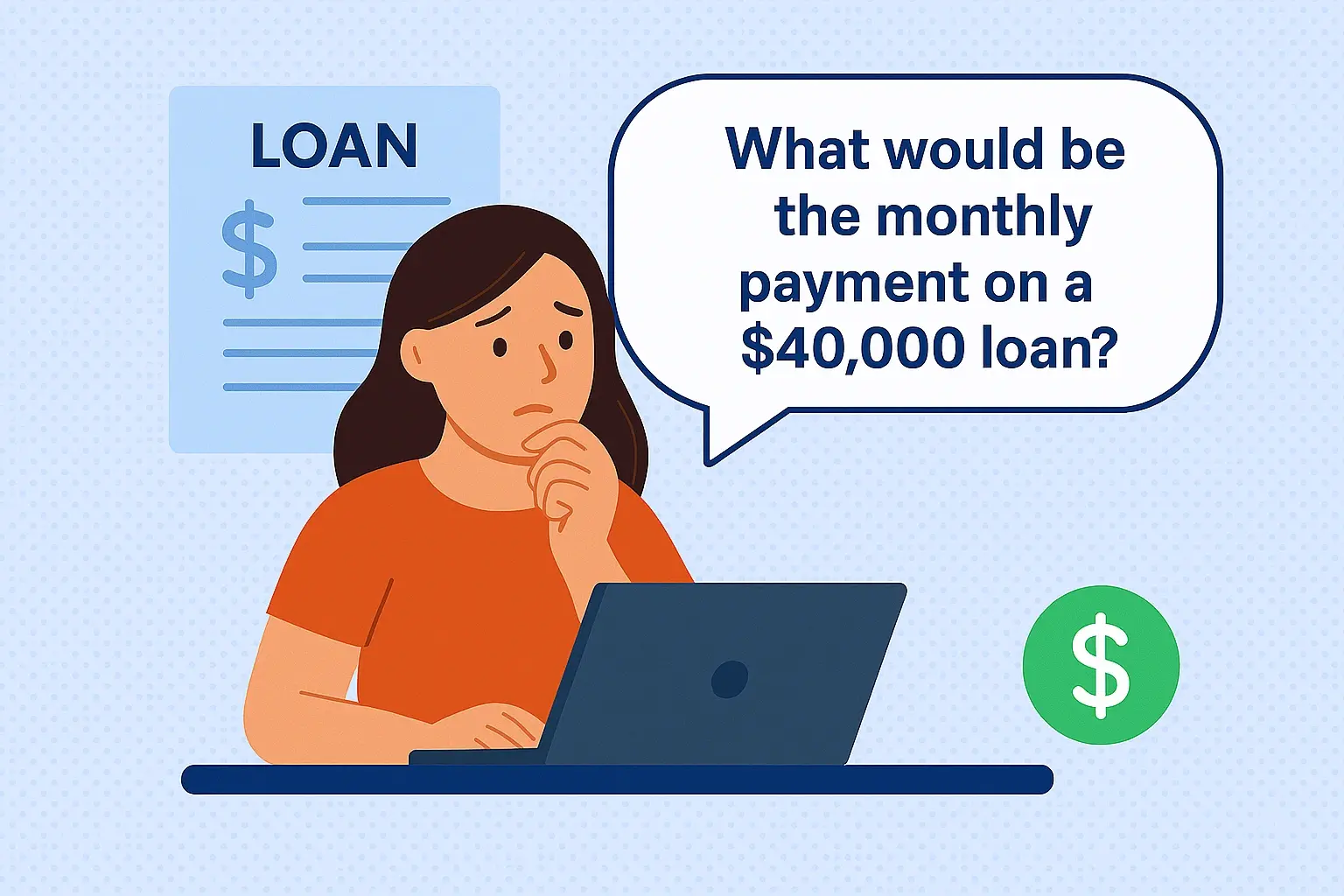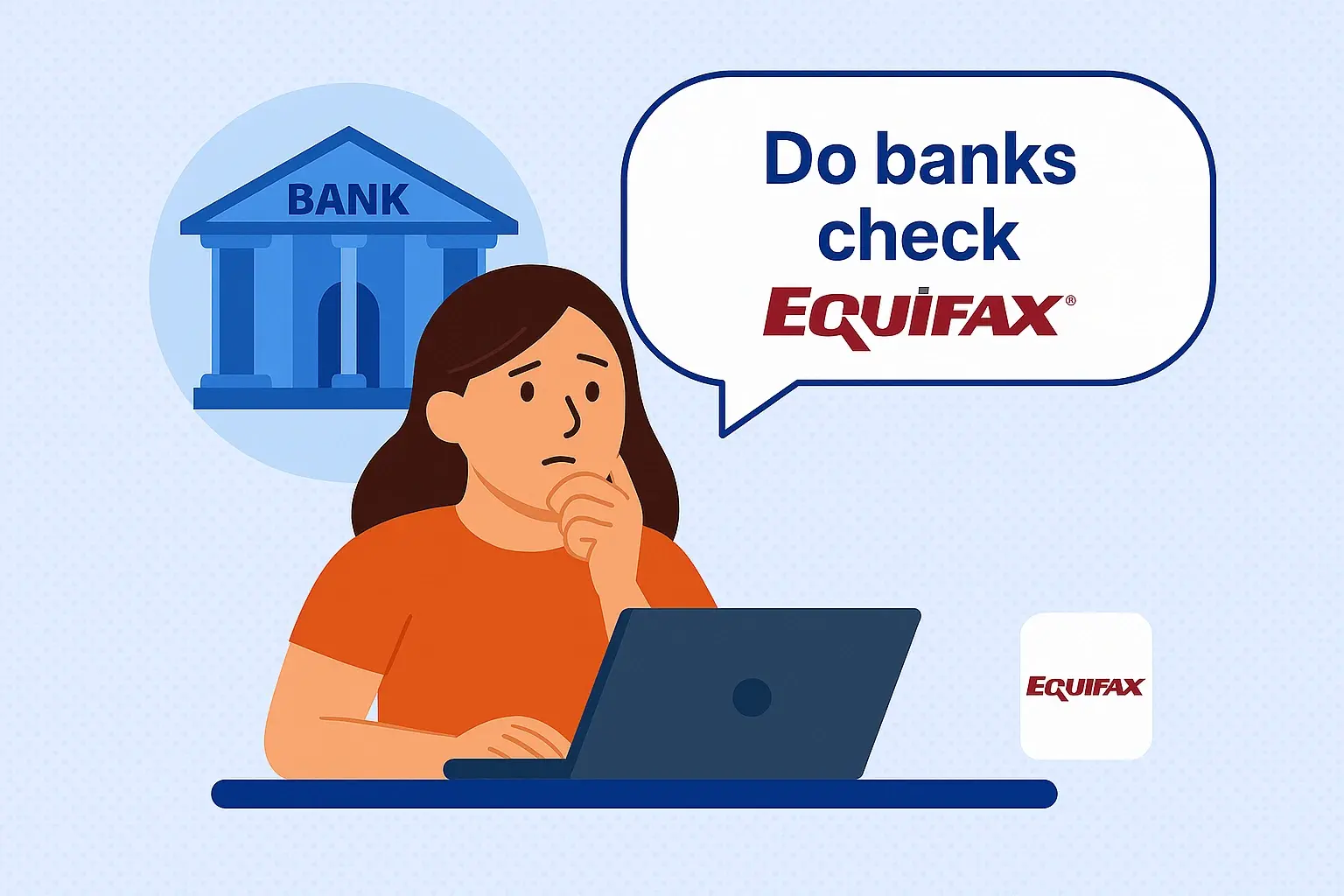-
Posted on: 18 Apr 2023

-
Understanding Car Loan Refinancing with Bad Credit
Refinancing a car loan when you have bad credit might seem like a daunting task, but it's often more achievable than you think. The core idea is to replace your existing auto loan with a new one, ideally with better terms, lower interest rates, or a more manageable monthly payment. For those with less-than-perfect credit scores, the timeline and the approach are crucial. This guide will demystify the process, providing actionable insights for 2025.
What is Car Loan Refinancing?
Car loan refinancing involves securing a new loan to pay off your current car loan. The goal is typically to obtain more favorable loan terms, such as a lower Annual Percentage Rate (APR), a reduced monthly payment, or a shorter loan term. When your credit history has been impacted by past financial difficulties, lenders perceive you as a higher risk, which can make the refinancing process more challenging but not impossible.
The Impact of Bad Credit on Refinancing
Your credit score is a three-digit number that summarizes your credit history and is a primary factor lenders use to assess your creditworthiness. A score below 670 is generally considered fair to poor, and below 580 is typically seen as bad credit. With bad credit, lenders are wary of potential defaults. This means they might:
- Offer higher interest rates to compensate for the perceived risk.
- Require a larger down payment or a co-signer.
- Approve fewer refinancing applications.
- Offer less competitive loan terms overall.
However, the automotive lending market is competitive, and specialized lenders exist to serve borrowers with less-than-perfect credit. Understanding how these lenders operate and what they look for is key to successful refinancing.
Benefits of Refinancing (Even with Bad Credit)
Despite the challenges, refinancing can offer significant advantages, even if your credit isn't stellar:
- Lower Monthly Payments: A lower interest rate or an extended loan term can reduce your monthly financial burden, freeing up cash flow.
- Reduced Total Interest Paid: Securing a lower APR can save you a substantial amount of money over the life of the loan.
- Improved Loan Terms: You might be able to switch from a loan with unfavorable terms to one that better suits your financial situation.
- Debt Consolidation: In some cases, refinancing might allow you to consolidate other debts into your car loan, simplifying payments.
The primary question for individuals with bad credit is not *if* they can refinance, but *how soon* and *under what conditions*.
How Soon Can You Refinance a Car Loan with Bad Credit?
The "how soon" question is multifaceted and depends heavily on your specific financial journey since taking out the original loan. There isn't a universal waiting period mandated by law, but lenders have their own criteria. Generally, you can consider refinancing:
The 6-Month Rule of Thumb
A common guideline is to wait at least six months after obtaining your current car loan before applying for refinancing. This period allows you to demonstrate a consistent payment history with your existing lender. Making timely payments for six months shows potential new lenders that you are reliable and capable of managing your debt responsibly. This is especially important when your credit was poor when you initially secured the loan.
Beyond the 6-Month Mark: When You're Truly Ready
While six months is a good starting point, the real answer lies in demonstrating a tangible improvement in your financial standing and credit behavior. Lenders look for evidence that your situation has changed for the better. This could include:
- Improved Credit Score: If your credit score has increased significantly due to consistent on-time payments and responsible credit management, you'll be a more attractive candidate. For instance, if your score has risen by 20-30 points or more, it signals positive change.
- Reduced Debt-to-Income Ratio (DTI): A lower DTI ratio indicates that you have less outstanding debt relative to your income, making you less of a risk.
- Stable Income: Lenders want to see that you have a steady and reliable source of income that can comfortably cover the new loan payments.
- Positive Payment History on the Current Loan: This is paramount. Even if your credit score was low initially, consistently making payments on time for your current car loan demonstrates your commitment.
In 2025, lenders are increasingly focusing on a borrower's recent payment behavior and overall financial stability rather than solely on historical credit blemishes. If you've made all your payments on time for a year or more, even with a low starting score, you might be a viable candidate for refinancing sooner than someone who has only made a few payments.
When Refinancing Too Soon Can Be Detrimental
Applying for refinancing too early, especially without significant positive changes in your financial profile, can be counterproductive:
- Multiple Rejections: Frequent loan application rejections can further damage your credit score, making future applications even harder.
- Higher Interest Rates: If lenders see no improvement since your last loan, they may offer rates that are no better, or even worse, than your current loan.
- Wasted Application Fees: Some lenders charge application or origination fees that you might not recoup if your application is denied.
Therefore, patience and strategic preparation are key. Focus on building a stronger financial foundation before you formally apply.
Key Factors Influencing Your Refinancing Eligibility
When lenders evaluate your application for car loan refinancing, especially with bad credit, they consider several critical factors. Understanding these will help you tailor your approach and improve your chances of approval.
Credit Score and History
This remains the most significant factor. While you might have bad credit, lenders will scrutinize:
- Your Current Score: What is your score now compared to when you got the original loan? A few points can make a difference.
- The Nature of Your Bad Credit: Are the issues recent or older? Late payments, defaults, bankruptcies, or collections all carry different weights. Recent negative marks are more concerning.
- Positive Credit Habits: Have you established any positive credit behavior since the original loan? This includes on-time payments on other accounts, managing credit cards responsibly, and reducing overall debt.
In 2025, many lenders are using FICO Auto Score, which is specifically designed for auto lending. It might weigh factors differently than a standard FICO score.
Loan-to-Value (LTV) Ratio
The LTV ratio compares the amount you owe on the loan to the current market value of your vehicle. Lenders prefer a lower LTV ratio, meaning you owe less than the car is worth. This protects them if you default, as they can recoup their investment by selling the car.
Formula: LTV = (Loan Balance / Current Market Value of Vehicle) x 100
If your car has depreciated significantly and you owe more than it's worth (a negative equity situation, often called being "upside down"), refinancing becomes much harder. Most lenders require an LTV of 100% or less. If your LTV is high, you might need to make a down payment to reduce it.
Example (2025 Scenario): You owe $12,000 on your car, but its current market value is $10,000. Your LTV is 120%. This makes refinancing difficult. If you could pay down $2,000 of the loan, your LTV would drop to 100%, improving your chances.
Income and Employment Stability
Lenders need assurance that you can afford the new loan payments. They will assess:
- Income Verification: You'll typically need to provide proof of income (pay stubs, tax returns, bank statements).
- Employment History: A stable job with a consistent income stream is crucial. Lenders often prefer applicants who have been with their current employer for at least six months to a year.
- Debt-to-Income Ratio (DTI): This ratio compares your total monthly debt payments to your gross monthly income. A lower DTI (ideally below 43% for auto loans) indicates you have more disposable income to cover new loan obligations.
Age and Condition of the Vehicle
Lenders are often hesitant to refinance loans on older vehicles or those with high mileage. This is because:
- Depreciation: Older cars are worth less.
- Reliability Concerns: Older vehicles may be more prone to mechanical issues, increasing the risk of the borrower defaulting due to unexpected repair costs.
In 2025, many lenders have specific age and mileage limits, often capping refinancing for vehicles older than 7-10 years or those exceeding 100,000-120,000 miles.
Loan Purpose and Term
While refinancing is generally for the same vehicle, lenders might be more cautious if the original loan was for a very long term (e.g., 72 or 84 months) or if there were unusual circumstances surrounding its origination. They want to see a clear path to repayment.
Co-signer or Down Payment Requirements
If your credit is significantly damaged, lenders might require a co-signer with good credit to guarantee the loan. Alternatively, a substantial down payment can reduce the lender's risk and improve your LTV ratio, making you a more appealing candidate.
Strategies for Refinancing with Bad Credit
Successfully refinancing a car loan with bad credit requires a strategic approach. It's not just about waiting; it's about actively improving your financial profile and presenting yourself in the best possible light to lenders.
1. Improve Your Credit Score
This is the most impactful strategy. Even a small increase can open doors to better terms. Focus on:
- On-Time Payments: This is the single most important factor. Ensure every car loan payment, credit card payment, and utility bill is paid by the due date.
- Reduce Credit Card Balances: Aim to keep your credit utilization ratio below 30% (and ideally below 10%) on each credit card.
- Dispute Errors on Your Credit Report: Obtain copies of your credit reports from Equifax, Experian, and TransUnion and dispute any inaccuracies that may be lowering your score.
- Avoid Opening New Credit Accounts: Unless absolutely necessary, refrain from applying for new credit while trying to refinance, as this can temporarily lower your score.
2025 Insight: With the rise of alternative data in credit scoring, some lenders might consider factors like rent and utility payments if reported consistently. Explore services that help report these payments.
2. Build a Positive Payment History on Your Current Loan
As mentioned, consistent, on-time payments on your existing car loan are critical. If you've missed payments in the past, focus on making all subsequent payments punctually. Lenders will look at your recent payment history (the last 6-12 months) very closely.
3. Lower Your Debt-to-Income Ratio (DTI)
Reducing your overall debt burden can significantly improve your DTI. Consider:
- Paying Down Other Debts: Focus on paying off high-interest debts like credit cards or personal loans.
- Increasing Income: Explore opportunities for overtime, a side hustle, or negotiating a raise.
- Reducing Expenses: Cut back on non-essential spending to free up more income.
4. Address Negative Items on Your Credit Report
If you have collections, charge-offs, or significant late payments, try to resolve them. Some lenders may be more willing to overlook older negative items if you can show that you've addressed them. This might involve negotiating a settlement with creditors.
5. Get Pre-Approved by Multiple Lenders
Don't just apply to one lender. Shop around and get pre-approved by several institutions that specialize in lending to individuals with bad credit. This allows you to compare offers and find the best terms without a significant impact on your credit score, as most lenders perform a "soft pull" for pre-qualification.
Types of Lenders to Consider:
- Credit Unions: Often have more flexible lending criteria and may offer better rates than traditional banks.
- Online Lenders: Many online platforms cater to borrowers with less-than-perfect credit.
- Dealership Financing Departments: While they often work with prime lenders, they also have relationships with subprime lenders.
6. Prepare a Strong Application
Gather all necessary documentation beforehand:
- Proof of income (recent pay stubs, W-2s, tax returns)
- Proof of address (utility bills, lease agreements)
- Employment verification
- Information about your current car loan
- Vehicle details (VIN, make, model, year)
A complete and organized application shows professionalism and seriousness.
7. Consider a Co-signer
If you have a trusted friend or family member with excellent credit who is willing to co-sign, this can dramatically improve your chances of approval and secure a much lower interest rate. However, ensure the co-signer understands the risks involved, as they will be equally responsible for the debt.
8. Be Realistic About Terms
With bad credit, you are unlikely to secure the absolute lowest interest rates available in the market. Aim for terms that are an improvement over your current loan and that you can comfortably afford. Focus on reducing your monthly payment or saving money on total interest paid, even if the APR isn't dramatically lower.
9. Negotiate
Once you have offers, don't be afraid to negotiate. If you have competing offers, you can use them as leverage to ask for a better rate or terms from your preferred lender. Even small concessions can add up over time.
Alternatives When Traditional Refinancing Isn't an Option
If, after trying the strategies above, you find that traditional car loan refinancing remains out of reach due to severe credit issues or other factors, don't despair. Several alternative solutions can help you manage your current situation or improve your prospects for future refinancing.
1. Negotiate Directly with Your Current Lender
Your existing lender may be more flexible than a new one, especially if you have a good payment history with them. Contact them to discuss your situation. They might offer options such as:
- Loan Modification: This could involve adjusting the loan term or temporarily reducing your monthly payment.
- Payment Deferral: In some cases, they might allow you to skip a payment or two, adding them to the end of the loan term.
Be prepared to explain why you need assistance and what you can realistically afford. This approach is often less formal than a full refinancing application.
2. Sell the Vehicle and Pay Off the Loan
If your car loan balance is close to or less than the car's market value, selling the vehicle and paying off the loan might be a viable option. This frees you from the debt entirely. If you still need transportation, you could then:
- Purchase a less expensive vehicle with cash.
- Seek out a more affordable car loan for a cheaper car, potentially with a co-signer or a larger down payment.
This strategy is particularly useful if you are "upside down" on your loan and the market value is significantly lower than what you owe, as it prevents you from carrying that negative equity into a new loan.
3. Debt Consolidation Loans (with Caution)
A debt consolidation loan could potentially pay off your car loan and other debts, allowing you to make a single monthly payment. However, with bad credit, the interest rate on a consolidation loan might be very high, potentially negating the benefits. Carefully compare the APR of a consolidation loan against your current car loan APR. This is generally a better option if you have multiple high-interest debts beyond your car loan.
4. Personal Loans for Bad Credit
Some lenders offer personal loans specifically for individuals with bad credit. If approved, you could use the funds to pay off your car loan. Similar to debt consolidation loans, the interest rates can be high, so it's crucial to compare terms diligently. This is often a last resort.
5. Focus on Building Credit for Future Refinancing
If refinancing is not feasible now, dedicate the next 6-18 months to aggressively improving your credit. This involves:
- Secured Credit Cards: These require a cash deposit that acts as your credit limit, making them easier to obtain with bad credit. Responsible use can help build your credit score.
- Credit-Builder Loans: Offered by some credit unions and banks, these loans hold the borrowed amount in an account while you make payments, releasing the funds to you upon completion.
- Authorized User Status: If a trusted individual with excellent credit adds you as an authorized user to their credit card, their positive payment history can benefit your credit report.
Once your credit score has improved significantly (e.g., reaching the "fair" or "good" range), you'll be in a much stronger position to refinance your car loan with favorable terms.
6. Look for Lenders Specializing in Bad Credit Auto Loans
While some lenders cater to subprime borrowers, others are specifically designed for those with very poor credit. These lenders might have higher rates but can be a pathway to obtaining a loan or refinancing when others won't approve you. Thorough research is essential to find reputable lenders and avoid predatory practices.
The Car Loan Refinancing Process: A Step-by-Step Guide
Refinancing your car loan, even with bad credit, follows a structured process. Understanding each step will help you navigate it smoothly and increase your chances of success.
Step 1: Assess Your Current Financial Situation and Creditworthiness
Before you start applying, take stock:
- Check Your Credit Score: Obtain your latest credit score from all three major bureaus (Equifax, Experian, TransUnion). Understand what's contributing to your score.
- Calculate Your Loan-to-Value (LTV) Ratio: Determine your current loan balance and the car's estimated market value (use resources like Kelley Blue Book or Edmunds).
- Review Your Budget: Understand how much you can comfortably afford for a monthly car payment.
- Gather Loan Documents: Have your current loan statement, registration, and insurance information readily available.
Step 2: Research and Identify Potential Lenders
Look for lenders that specialize in refinancing for individuals with bad credit. Consider:
- Online Lenders: Many offer quick online applications and pre-qualification.
- Credit Unions: Often have more flexible terms.
- Banks: Some traditional banks have subprime auto loan divisions.
- Dealerships: They can connect you with various financing options.
Read reviews, compare advertised rates (understanding they are often for excellent credit), and look for lenders with transparent fee structures.
Step 3: Get Pre-Qualified
Most lenders offer a pre-qualification process that involves a "soft credit pull." This won't impact your credit score and gives you an estimate of whether you'll be approved and at what potential interest rate. This is a crucial step to avoid multiple hard credit inquiries.
Step 4: Gather Necessary Documentation
Prepare to submit:
- Proof of identity (driver's license, state ID)
- Proof of income (recent pay stubs, W-2s, tax returns)
- Proof of residence (utility bill, lease agreement)
- Employment verification
- Current car loan details
- Vehicle information (VIN, make, model, year)
Step 5: Submit Your Application
Once you've chosen a lender based on pre-qualification offers, submit a formal application. This will typically involve a "hard credit pull," which can slightly lower your credit score. Be honest and accurate in all information provided.
Step 6: Review Loan Offers Carefully
If approved, you'll receive a loan offer. Scrutinize the details:
- APR: The Annual Percentage Rate, which includes interest and fees.
- Loan Term: The length of the loan in months.
- Monthly Payment: Ensure it fits your budget.
- Total Cost of the Loan: Calculate the total amount you'll repay.
- Fees: Look for origination fees, application fees, or prepayment penalties.
Compare this offer to your current loan and any other offers you may have received.
Step 7: Finalize the Loan and Sign Paperwork
If you accept the offer, you'll need to sign the loan agreement. The new lender will then pay off your old loan. You may need to provide proof of this payoff to your old lender.
Step 8: Update Your Insurance
Your new loan agreement will likely require you to update your auto insurance policy to reflect the new lienholder. Failure to do so can lead to loan default.
Step 9: Begin Making Payments on Your New Loan
Start making your new, potentially lower, monthly payments on time. This is crucial for maintaining a good credit history and avoiding future financial difficulties.
Managing Your Car Loan Effectively After Refinancing
Securing a refinanced car loan is a significant achievement, especially with bad credit. However, the work doesn't stop there. Effective management of your new loan is essential to maintain financial stability and continue building a positive credit history.
Prioritize On-Time Payments
This cannot be stressed enough. Your primary goal with the new loan is to make every single payment by the due date. Even one late payment can:
- Result in late fees.
- Negatively impact your credit score, undoing much of the progress you've made.
- Potentially lead to default if repeated.
Tip for 2025: Set up automatic payments from your bank account. This is the most reliable way to ensure you never miss a due date. Just ensure you have sufficient funds in your account to cover the payment.
Track Your Loan Balance and Progress
Regularly check your loan balance. Understand how much principal you're paying down with each payment. Many lenders provide online portals or mobile apps where you can easily track your progress and view payment history.
Avoid Taking on More Debt
Refinancing often frees up monthly cash flow. Resist the temptation to use this extra money to take on new debt, especially high-interest debt. Instead, consider using it to:
- Build an emergency fund.
- Pay down other high-interest debts.
- Save for future goals.
Review Your Auto Insurance
As mentioned, ensure your insurance policy is updated with the new lienholder information. Also, periodically shop around for auto insurance quotes. By comparing rates annually, you might find ways to reduce your insurance premiums, further saving you money.
Understand Prepayment Penalties
If you decide you want to pay off your loan early, check your new loan agreement for any prepayment penalties. While less common on auto loans, they can exist. If there are no penalties, consider making extra principal payments when you can afford to, which will save you money on interest over the life of the loan.
Be Prepared for Future Financial Changes
Life is unpredictable. If you experience a change in income (positive or negative) or unexpected expenses, proactively communicate with your lender. It's always better to discuss potential challenges before you miss a payment.
Continue Building Your Credit
Your car loan is now a significant part of your credit profile. Continue to manage all your credit responsibly. If you used a co-signer, maintain consistent payments to protect their creditworthiness. As your credit improves, you'll be in a better position for future financial opportunities, such as homeownership or better rates on other loans.
Conclusion
Refinancing a car loan with bad credit in 2025 is a strategic endeavor that requires patience, preparation, and a clear understanding of the process. While there's no single magic number for "how soon," demonstrating consistent on-time payments on your current loan for at least six months, coupled with efforts to improve your credit score and reduce your debt-to-income ratio, significantly enhances your chances of approval. Lenders look for evidence of positive financial behavior and stability. By carefully assessing your situation, researching lenders, and presenting a strong application, you can navigate the challenges and potentially secure a more favorable loan. If traditional refinancing isn't immediately possible, explore alternatives like negotiating with your current lender or focusing on credit building to pave the way for future success. The key is to be proactive and informed, turning a past financial setback into a stepping stone towards better financial health.











